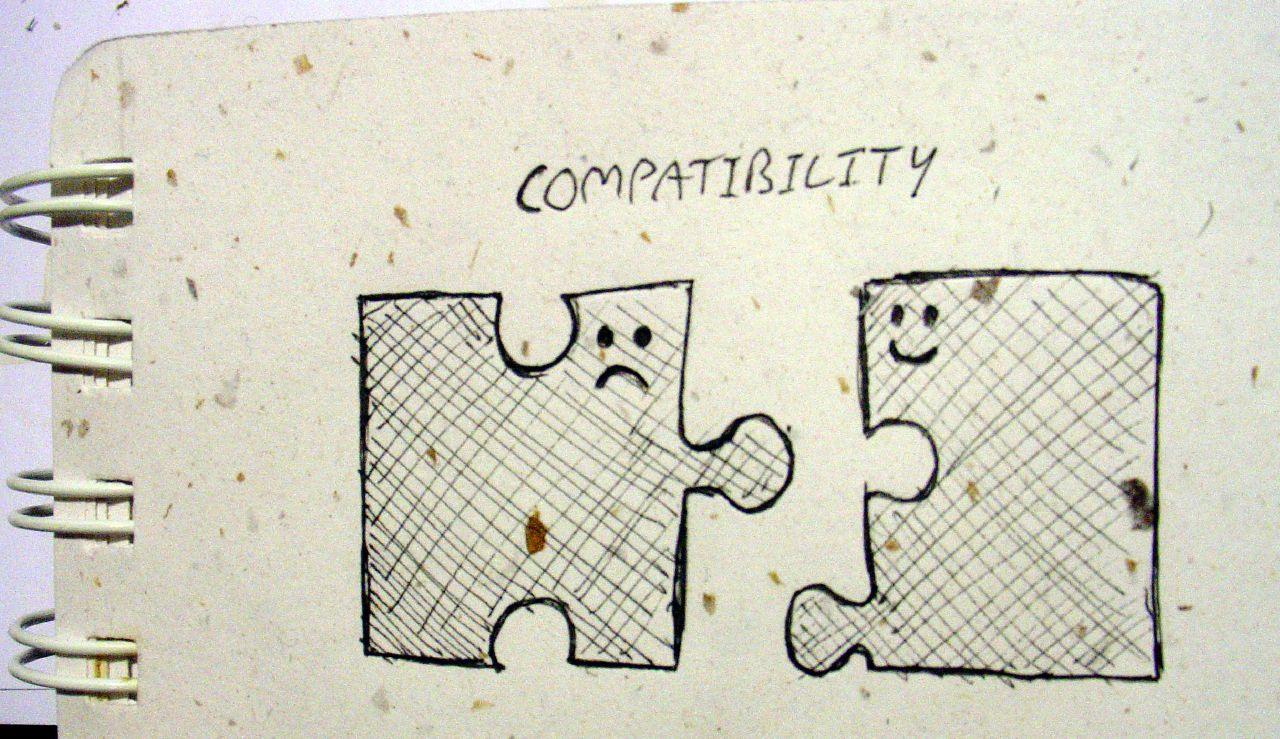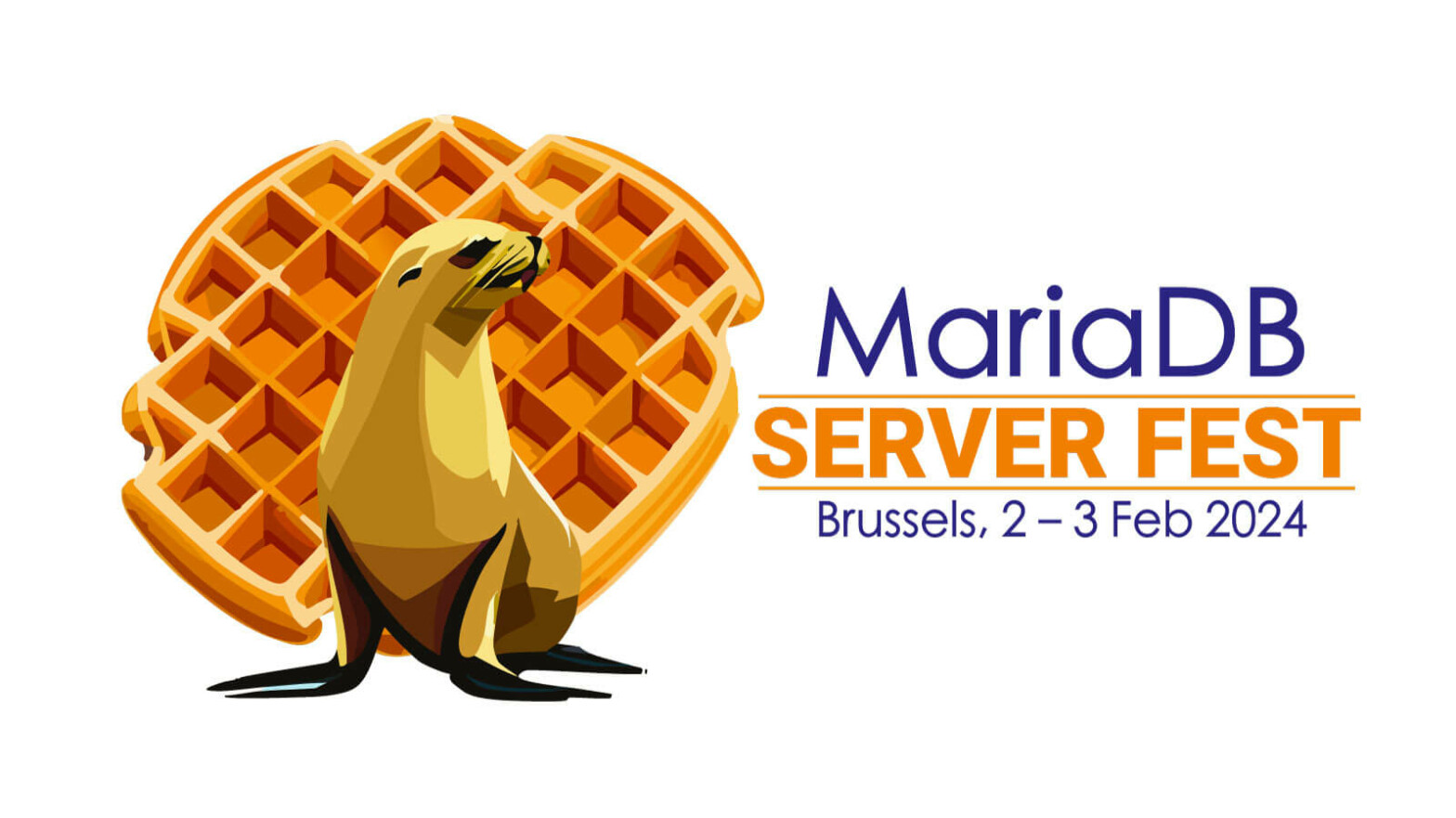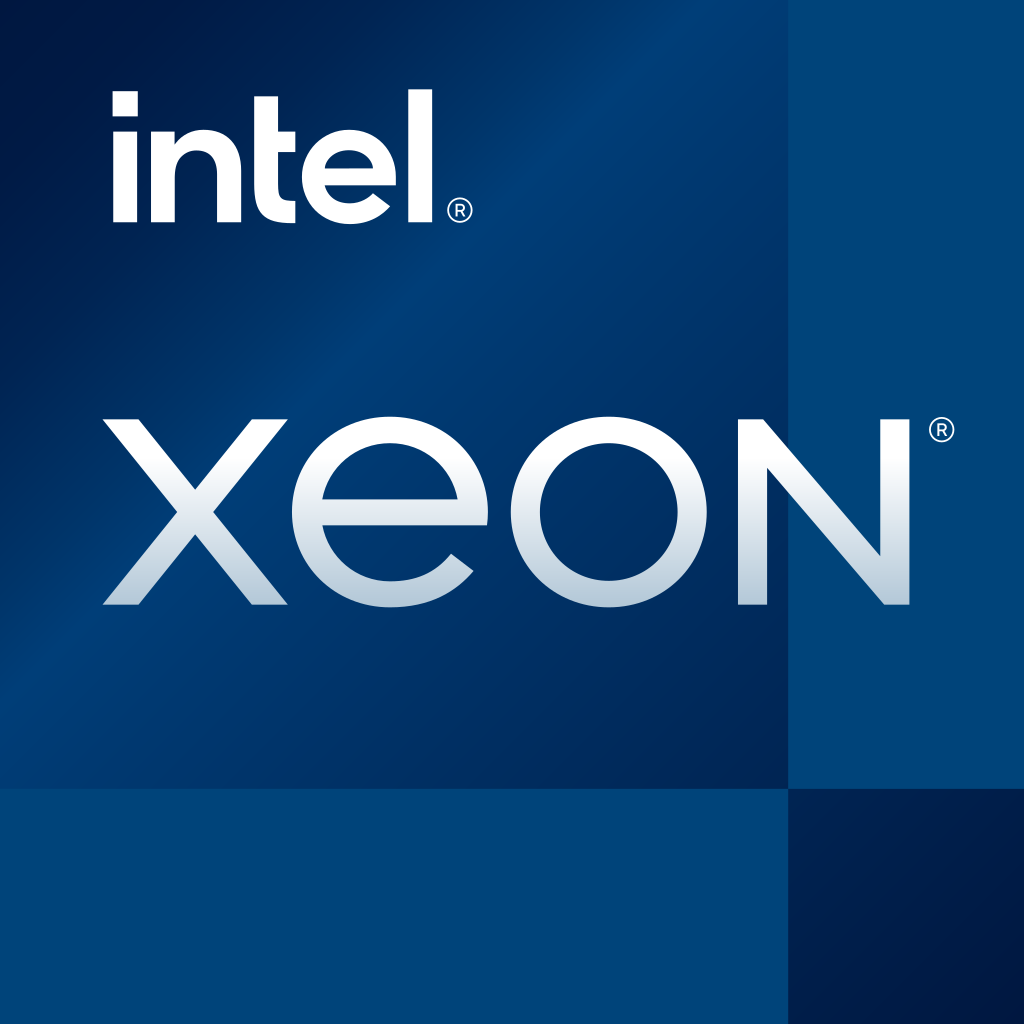Category Archives: Using MariaDB
Users of open source software don’t always share their stories, simply because they are satisfied. That’s why we were delighted to accept an offer from database expert Richard Bensley to share why he has repeatedly used MariaDB over the years.
I had a chat with Richard and learnt that he has seen MariaDB as a user, customer, and even an employee of MariaDB. Despite experimenting with other solutions, new and old, his passion for MariaDB and the people behind hasn’t faltered.
Richard has been using MariaDB in large scale production since 2012 for financial platforms, CRMs and e-commerce for regional and international use.
…
Both MariaDB and MySQL have been around a long time now, and there is always a difficult balance between maintaining compatibility whilst also solving security issues that arise. With the latest bugfix releases of MariaDB, we had to break compatibility a little to improve security, but there are workarounds. We figured we should explain the reasons behind it and how to make things as painless as possible for you.
The Problem
The problem we were solving, and for various reasons we had to do it very quickly, is that it is possible to generate a malicious MariaDB dump file which could execute shell commands from the MariaDB client.
…
We say: Put your AI vectors into your RDBMS …
Relational databases are where AI data belongs. Users need their vectors along with the rest of their data, in a standard database which offers performance, scalability, and all the other traditional virtues, such as ACID compliance.
This is why we are developing MariaDB Vector. Expect to see a first preview release later this month.
… but don’t take our word for it – ask Amazon!
Now, we’re not alone in advocating the above logic. That’s probably because the logic makes sense. The best articulation of the logic of “you want your Gen AI integrated in your relational database” I’ve heard is by MariaDB Foundation Board Member Sirish Chandrasekharan, General Manager of Amazon Relational Database Services.
…
What a FOSDEM weekend in Brussels! This was MariaDB Foundation’s best FOSDEM ever, although it wasn’t a FOSDEM at all. Confused? Stay tuned.
A live migration from MySQL 5.7
The highlight in several respects was the live migration of the Cantamen cluster from MySQL 5.7 to MariaDB 10.11.
Currently, cantamen operates a MySQL 5.7 master-slave-replication cluster as backbone for our Carsharing system software solution “EBuS”. We are the leading provider in this market serving some 10.000 vehicles for roughly estimated 150.000 users. Three database schemas with some 550 tables fill about 412 GB of hard disk space on the 128-GB-RAM-equipped servers.
…
In this blog we will explore how to setup a docker compose file in order to migrate from MySQL 5.7 to the latest MariaDB.
In the next blog we will explain how to setup a docker compose file to migrate from MySQL 8.0 to MariaDB.
The steps to migrate from MySQL 5.7 to MariaDB are:
- Start container by running docker-compose file
- Use the MySQL data directory and start MariaDB with MARIADB_AUTO_UPGRADE=1
Let’s explore each step.
1. Start MySQL
The MySQL container is started using the following docker-compose file.
…
With Intel QuickAssist Technology, you can see a 5x performance in your MariaBackup compression, and lower CPU usage as well. Today I’m going to show you how.
What is Intel QuickAssist?
Nearly a decade ago, Intel released a technology called QuickAssist, which started out as a PCI-e card and then became integrated in many Xeon processes starting with the Skylake generation. QuickAssist Technology (often called QAT) is a special unit that the CPU can offload compression and encryption tasks onto.
I was lucky enough to have early access to this technology back when it was new.
…
Continue reading “Accelerating MariaBackup with Intel QuickAssist”
In the blog MariaDB replication using containers, we showed how to properly replicate data in MariaDB using Docker containers.
We used standard or asynchronous or lazy replication.
The problem with this type of replication is potential data loss if the primary goes down. Transactions that are committed on the primary are not being sent to replicas, and the replica doesn’t commit the changes. Failover from primary to replica in this case may lead to missing transactions relative to the primary.
To overcome these type of errors, there is semi-sync replication that is integrated into MariaDB since 10.4 and fully sync replication, which we plan to implement eventually as MDEV-19140.
…
Continue reading “MariaDB semi-sync replication using containers”
Good news! cPanel, one of the leading control panels in the hosting world has just announced that they are going to make MariaDB Server the default database when installing new cPanel instances. This change is slated to occur in version 122 of cPanel & WHM, coming in Q3 of 2024. We at MariaDB Foundation are very happy about this decision and are looking forward to continuous collaboration, to the benefit of our users and the MariaDB Server project.
We think that this is a great decision for cPanel users because we at MariaDB have stayed true to the original values of MySQL, including:
- Long term backwards compatibility
- Painless upgrades and ease of use
- Long term stable releases;
…
Continue reading “MariaDB Server will be the default database in cPanel”







